War is evil, but it is often the lesser evil
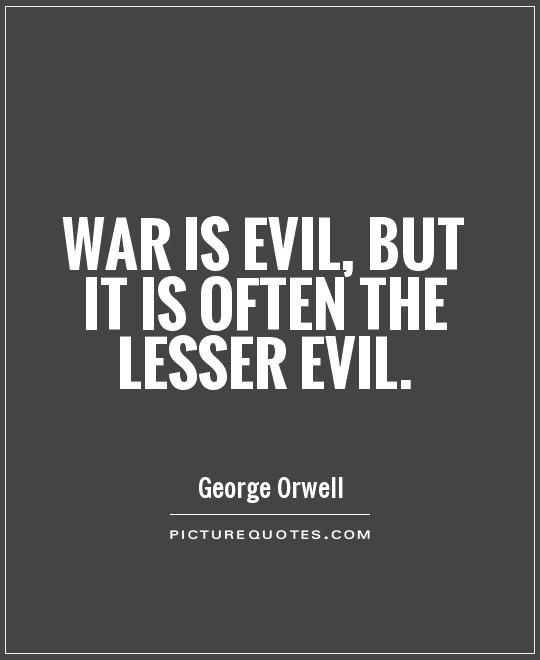
War is evil, but it is often the lesser evil
George Orwell, a renowned writer and political commentator, is known for his insightful observations on the nature of war and its consequences. In his works, Orwell often explores the idea that war is inherently evil, but sometimes necessary in order to prevent greater evils from occurring. This concept is encapsulated in the phrase, “War is evil, but it is often the lesser evil.”Orwell’s experiences as a soldier in the Spanish Civil War and his observations of totalitarian regimes during World War II undoubtedly influenced his views on war. In his novel “1984,” Orwell depicts a dystopian society where perpetual war is used as a tool to maintain control over the population. The Party, the ruling government in the novel, manipulates the truth about the war to keep the citizens in a constant state of fear and obedience. Orwell’s portrayal of war as a means of oppression and manipulation underscores his belief in its inherent evil.
However, Orwell also acknowledges that there are situations where war may be necessary to prevent greater atrocities. In his essay “Pacifism and the War,” Orwell argues that pacifism, while a noble ideal, is not always practical in the face of aggression and tyranny. He writes, “Pacifism is objectively pro-Fascist… The choice lies between war and endless tyranny.” Orwell’s words suggest that in some cases, war may be the only way to combat oppressive regimes and protect the freedoms and rights of individuals.
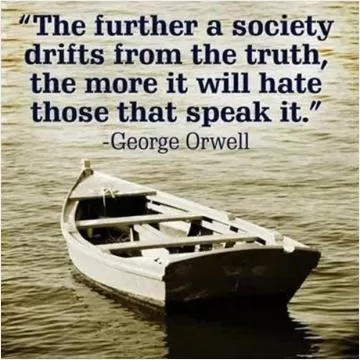
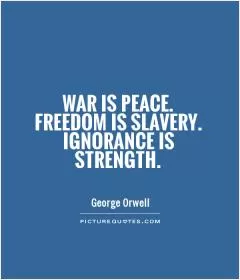
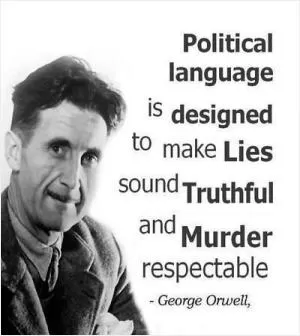
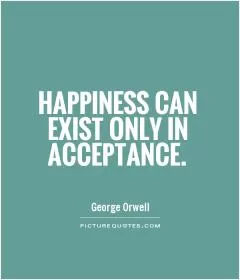
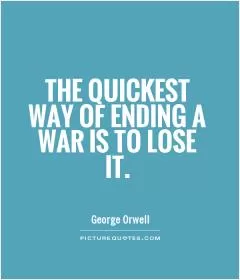
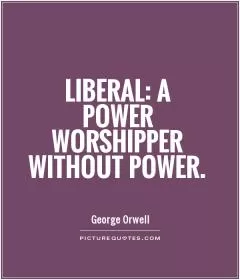
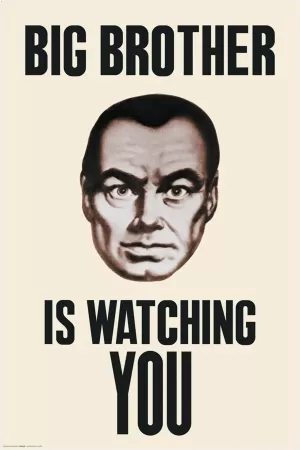
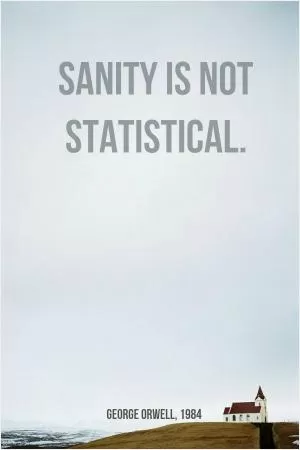
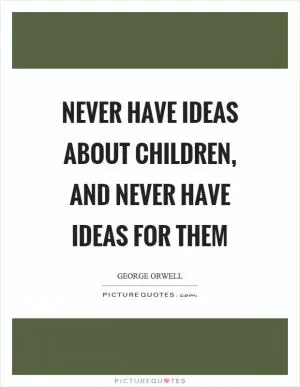
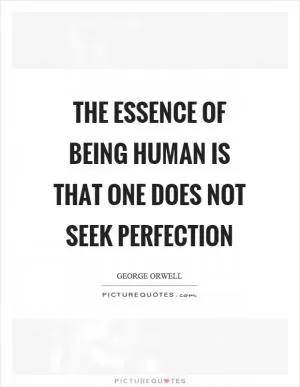
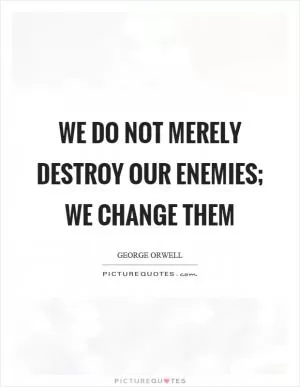
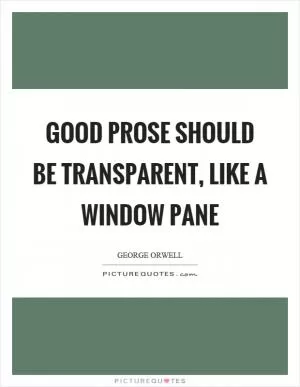
 Friendship Quotes
Friendship Quotes Love Quotes
Love Quotes Life Quotes
Life Quotes Funny Quotes
Funny Quotes Motivational Quotes
Motivational Quotes Inspirational Quotes
Inspirational Quotes